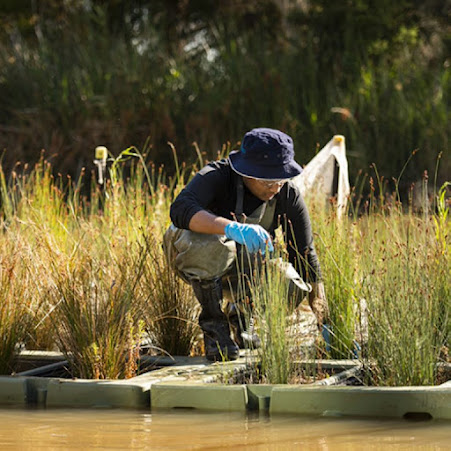Your immune system’s ability to combat COVID-19, like any infection, largely depends on its ability to replicate the immune cells effective at destroying the SARS-CoV-2 virus that causes the disease. These cloned immune cells cannot be infinitely created, and a key hypothesis of a new University of Washington study is that the body’s ability to create these cloned cells falls off significantly in old age.
According to a model created by UW research professor James Anderson, this genetically predetermined limit on your immune system may be the key to why COVID-19 has such a devastating effect on the elderly. Anderson is the lead author of a paper published in The Lancet eBioMedicine detailing this modeled link between aging, COVID-19 and mortality.
“When DNA split in cell division, the end cap — called a telomere — gets a little shorter with each division,” explains Anderson, who is a modeler of biological systems in the School of Aquatic and Fishery Sciences. “After a series of replications of a cell, it gets too short and stops further division. Not all cells or all animals have this limit, but immune cells in humans have this cell life.”

















.jpg)